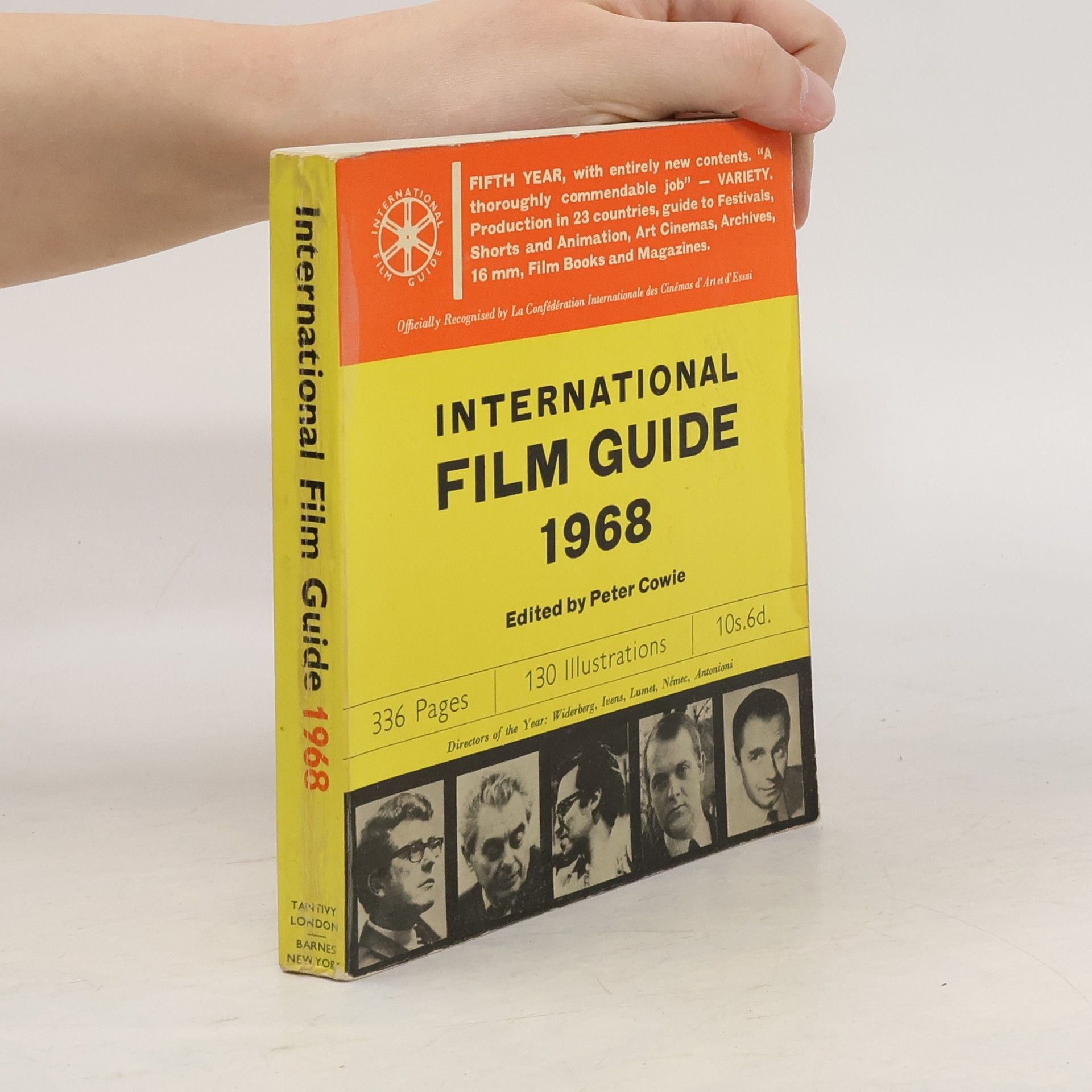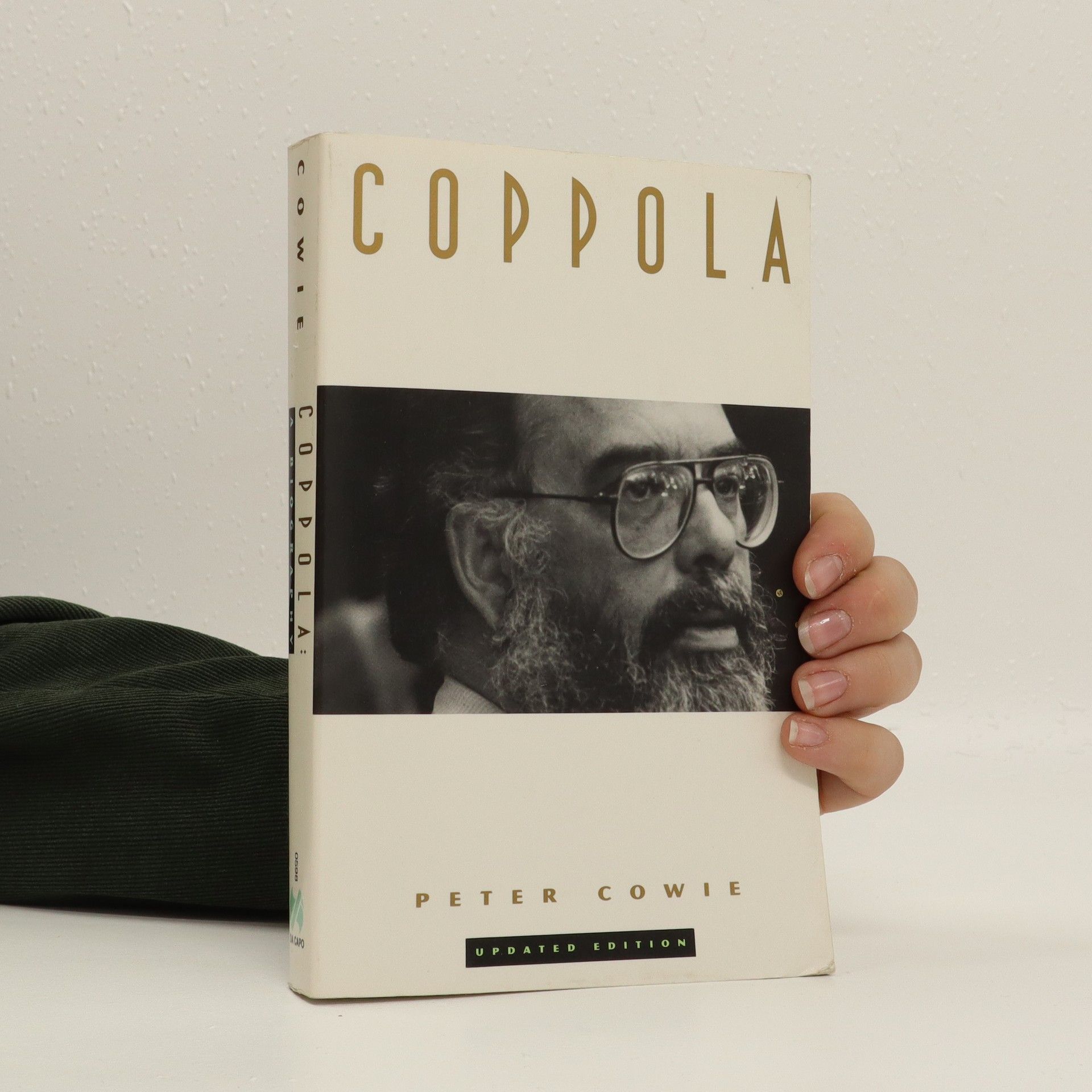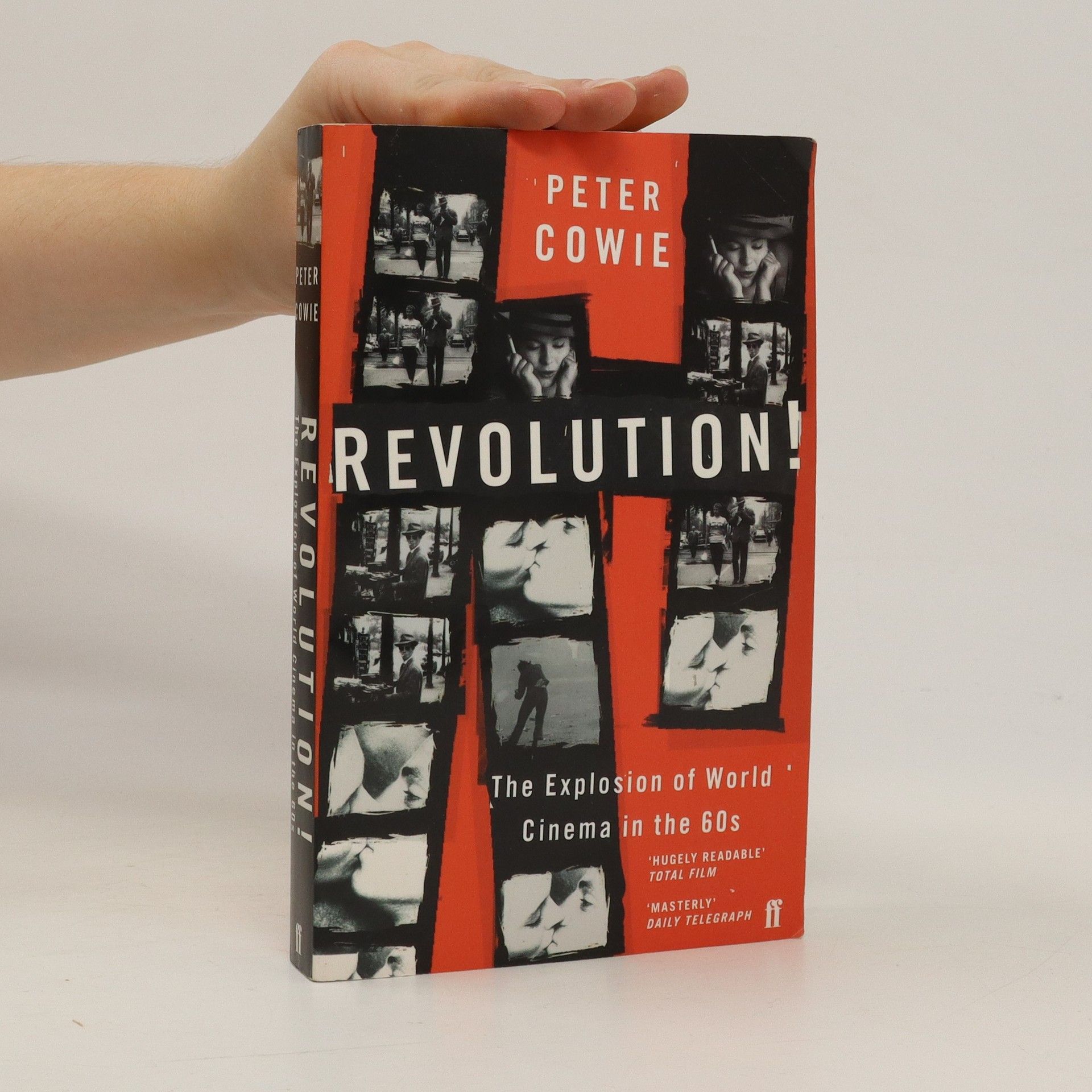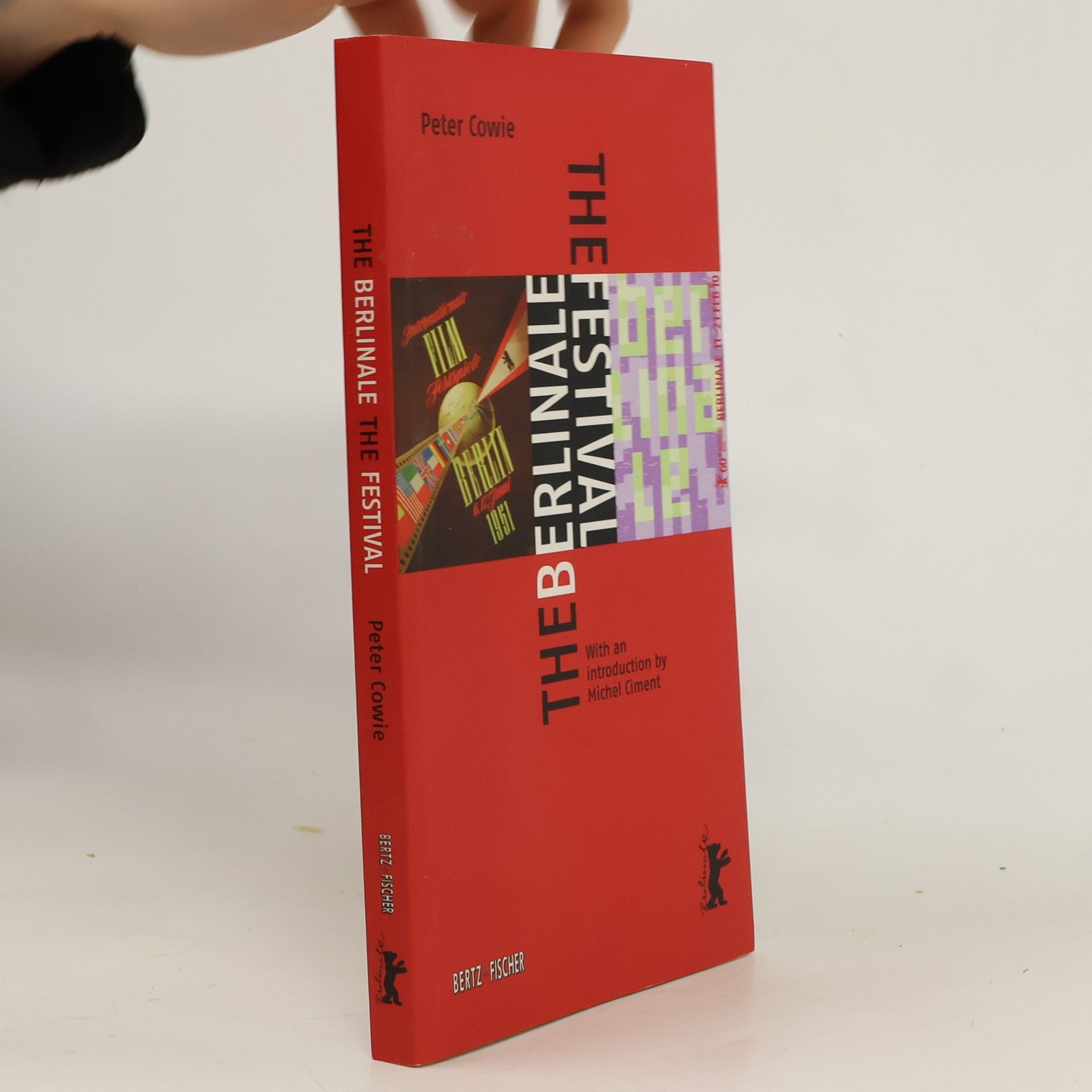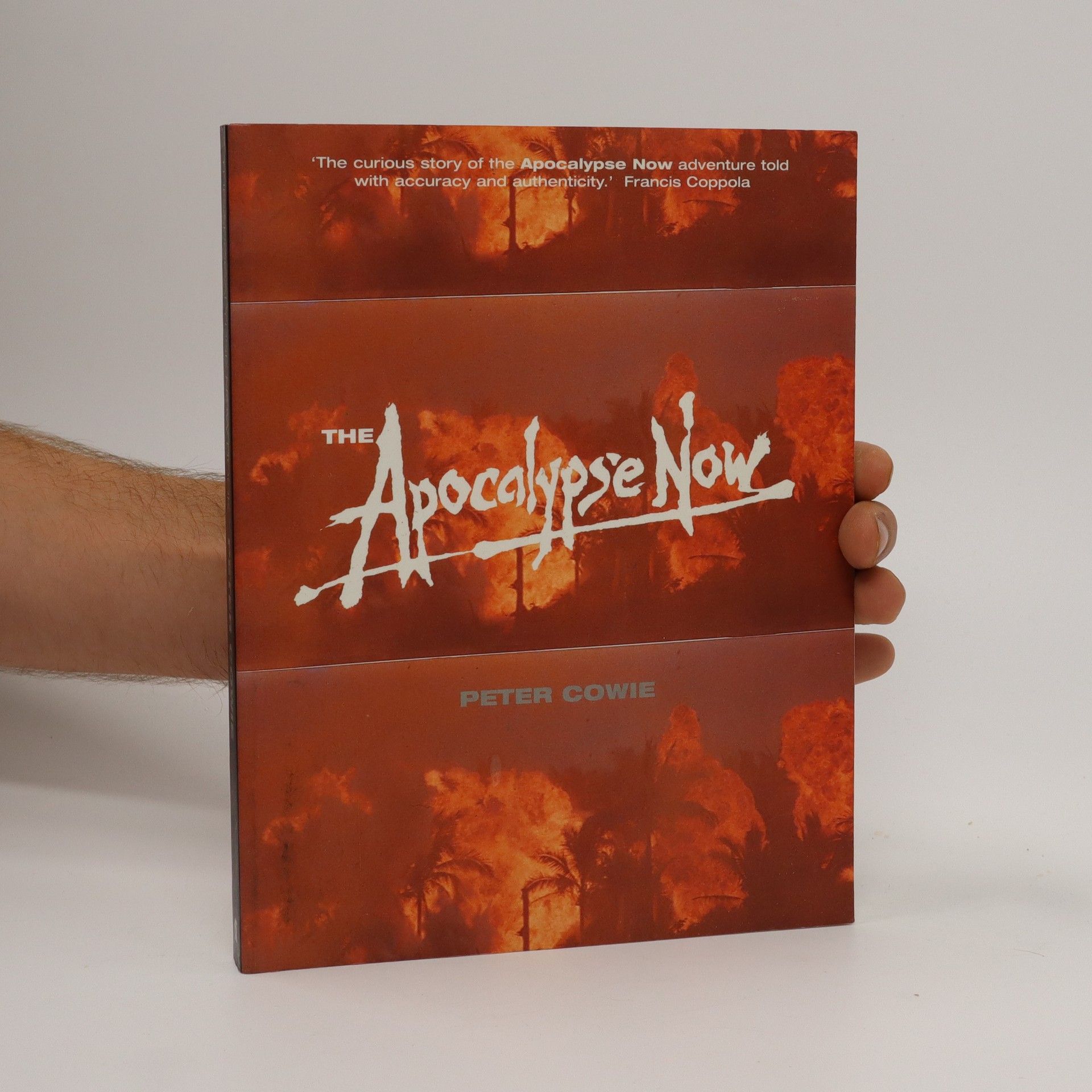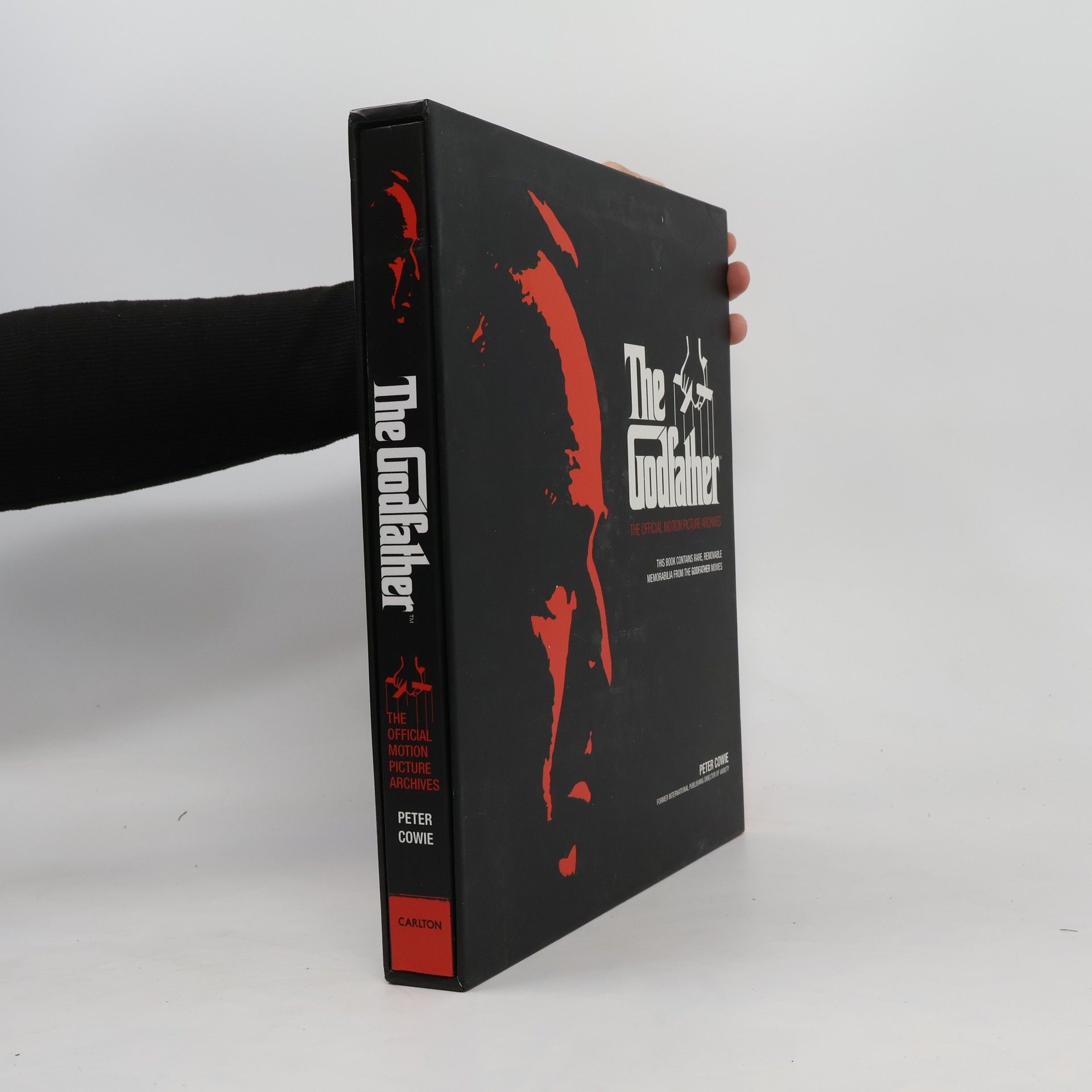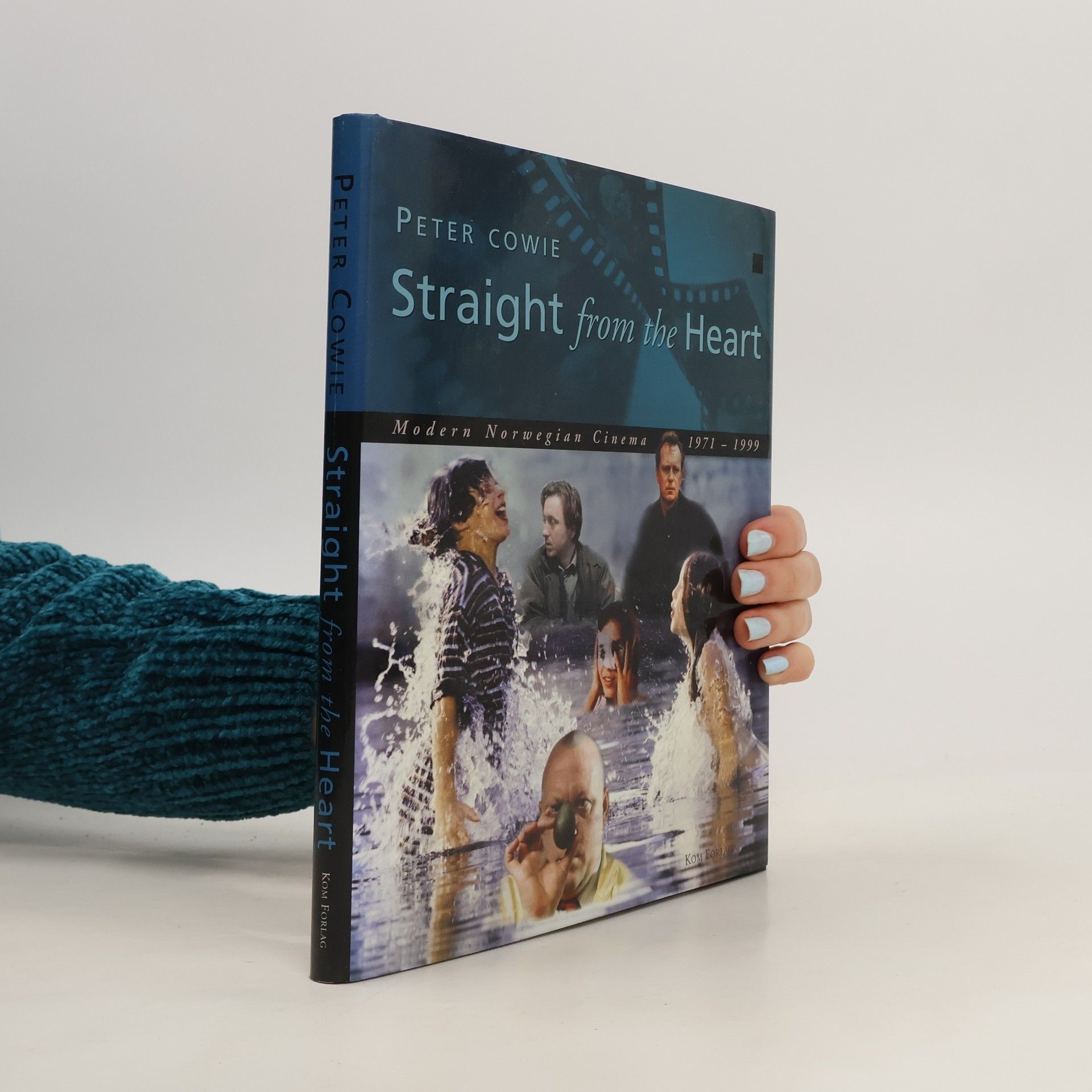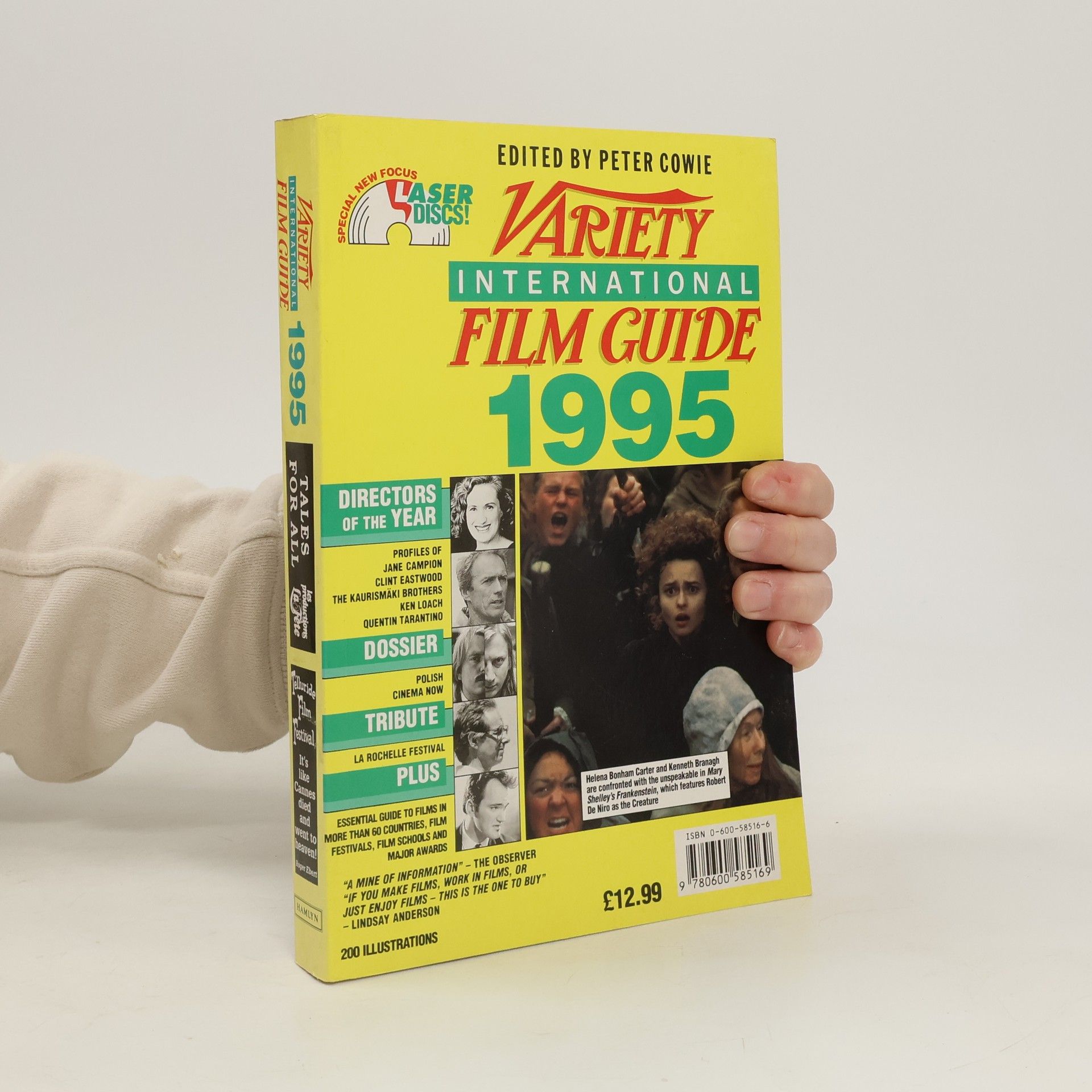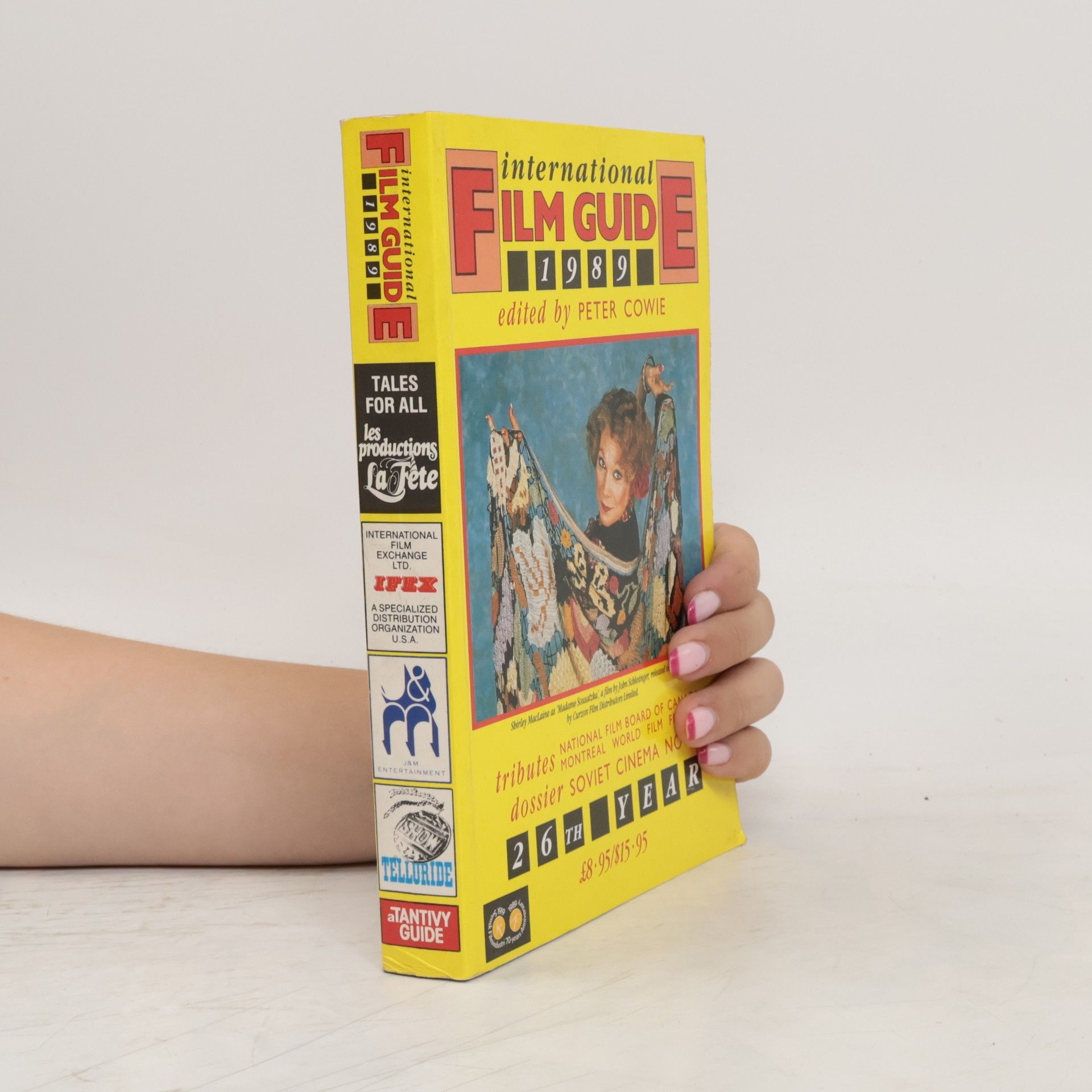The Apocalypse now book
- 222pages
- 8 heures de lecture
The production of Francis Coppola's Vietnam War epic Apocalypse Now was the stuff of legend. A multi-million dollar 'personal project' recasting America's heinous war in the mode of Conrad's Heart of Darkness, it was several years in the making, shot on location in the Philippines amid horrendous weather and with numerous changes of key personnel. Finally screened (as a 'work-in-progress') at Cannes in 1979, it won the Palme d'Or, giving Coppola the opportunity to rail against the world's press for their reportage of the film's stormy gestation. Peter Cowie was granted unprecedented access to Coppola's private archives of the film's production, and this book reconstructs the whole extraordinary story.

